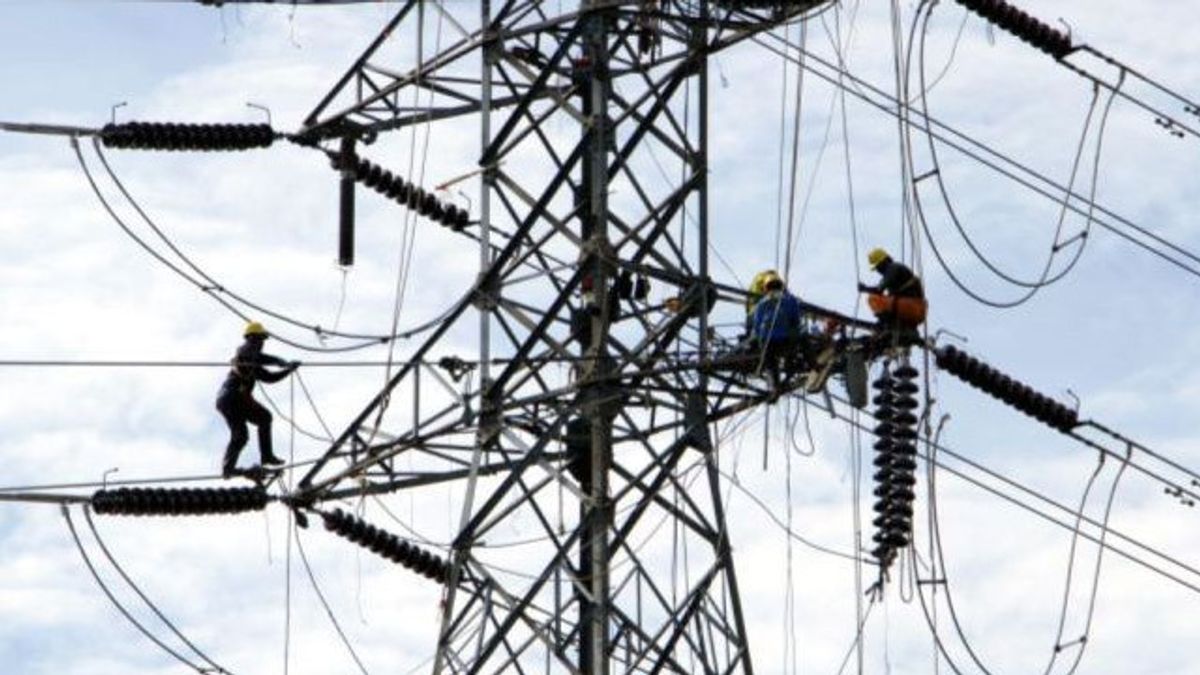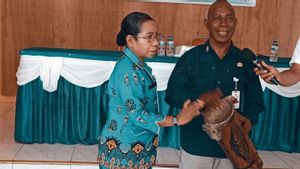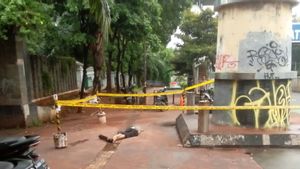JAKARTA - Institute for Development of Economics and Finance (Indef) researcher Abra Talattov assessed that the entry of the power wheeling scheme in the Draft Law on New Energy and Renewable Energy (RUU EBET) could be a burden for the upcoming state budget.
Therefore, according to him, the government and the DPR RI do not need to include a power steering scheme in the EBET Bill.
"The government and the DPR do not need to use power steering as a stimulus to spur new and renewable energy. Because power steering is very dangerous for state finances. The state's burden is at risk of rising and endangering the state budget in the coming period," Abra said in his statement in Jakarta, quoted from Antara, Tuesday, September 10.
According to him, the surge in APBN expenses is at risk due to additional cost of providing electricity as a consequence of the entry of private power plants through the power steering scheme.
The power steering rule allows private power plants to sell EBET electricity they produce to the public directly by renting a state-owned transmission/distribution network.
"There are several risks as an implication of the power steering scheme which will then have an impact on state financial health," he said.
The additional risk of the state budget load can also arise due to the potential for additional electricity supply costs (BPP) as a consequence of the entry of power plants from power steering schemes sourced from intermittent renewable energy.
The implications, he added, will arise additional turnback (spinning reserve or backup cost) to maintain the reliability and stability of the electricity system so that every entry of 1 gigawatt (GW) of power plants through power steering will result in an additional cost burden of up to IDR 3.44 trillion (take or pay + backup cost) which will certainly burden the state's finances.
He said the government did not need to provide the lure of joint utilization of the electricity network. In the latest RUPTL, the additional target of EBT plants reaches 20.9 gigawatts (GW), the private portion has reached 56.3 percent or equivalent to 11.8 GW.
"The government, through the Ministry of Finance, should be the last bastion of the rejection of the implementation of a power steering scheme that is at risk of harming the state. Because the Ministry of Finance is well aware of the state's financial condition in the upcoming government," he said.
SEE ALSO:
Abra added that the government has actually deployed a red carpet for the private sector to expand the new renewable energy mix/EBT as guaranteed in the 2021-2030 Electric Power Supply Business Plan (RUPTL).
"Despite the instruments to be provided, the development of new and renewable energy is enough to use the RUPTL that has been mutually agreed upon," he said.
He emphasized that the government must continue to be aware of the discussion of the EBET Bill which contains articles of power steering because the biggest risk is to burden state finances which can have a direct impact on development and small communities.
The English, Chinese, Japanese, Arabic, and French versions are automatically generated by the AI. So there may still be inaccuracies in translating, please always see Indonesian as our main language. (system supported by DigitalSiber.id)
















